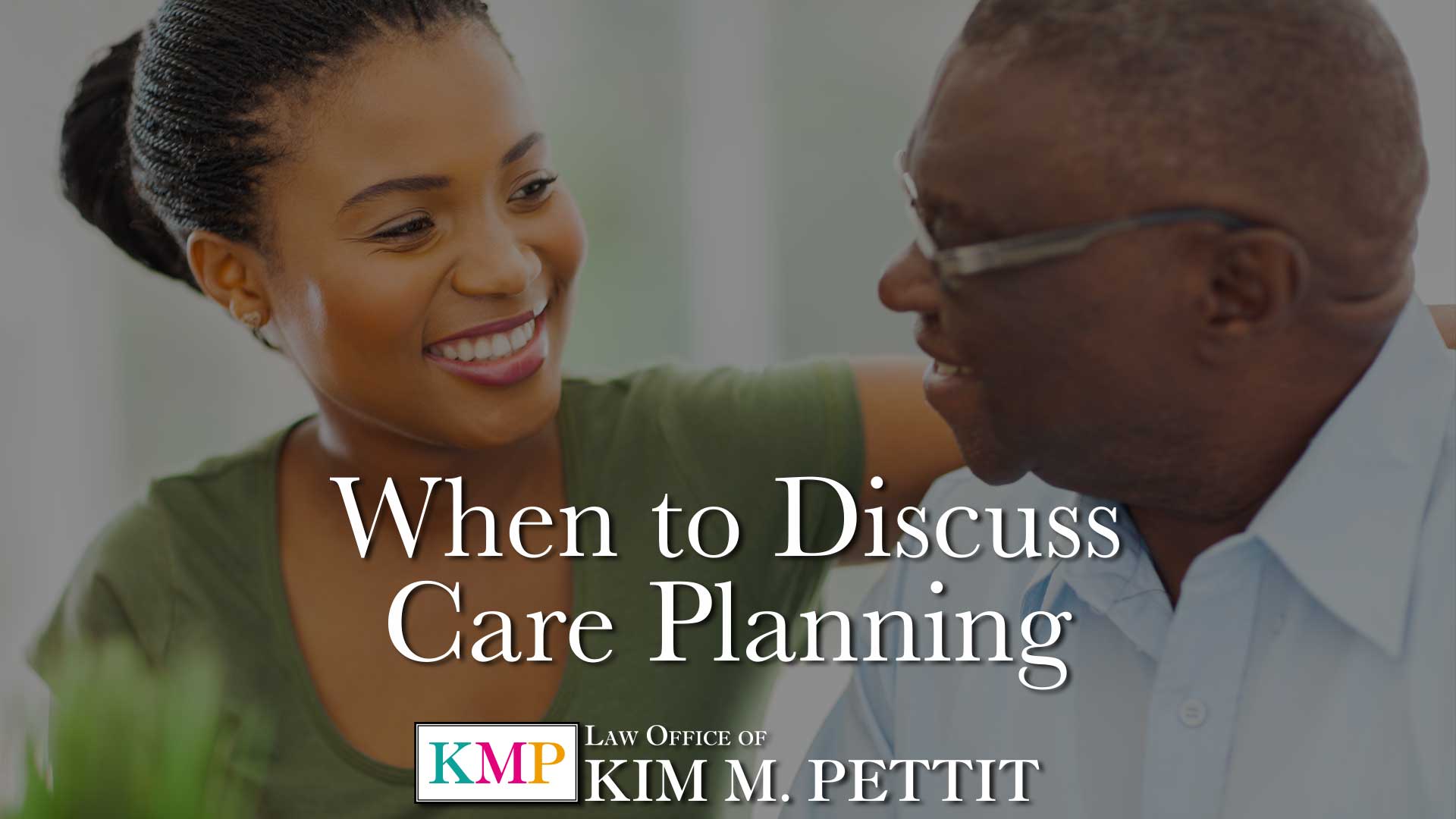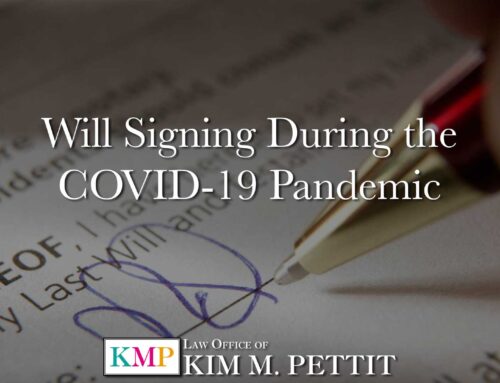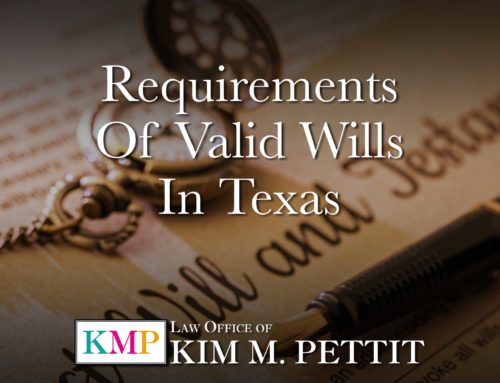It may be a difficult conversation to have, but in the end, taking the time to discuss care planning and end-of-life choices with your family will save further distress and emotional hardship down the road when it’s too late to have those conversations.
The mother of a friend of mine recently passed away. Due to a stroke and other medical issues that diminished her quality of life, her mother lived in a nursing home. She needed assistance with everything. Someone had to clean her, dress her, and feed her.
Shortly before her passing, my friend took her mother to the hospital because she was having difficulty breathing. The doctor at the hospital told my friend and her siblings that their mother had pneumonia. The doctor could provide some temporary relief, but because of their mother’s overall poor health, the prognosis was not good. Their mother was connected to a breathing machine.
The mother did not have a will. She supposedly had a medical power of attorney, but unfortunately, no one could find it or remember exactly what it said. The mother’s adult children were not sure what their mother wanted when it came to her care. They did not know if their mother wanted treatment for the pneumonia, but they believed she did not want to stay alive hooked up to a breathing machine.
Fortunately, even though she was very ill, the mother had enough strength to speak. She told her family she was “tired and done” and did not want to live in her present condition. She wanted to pass away naturally. After being disconnected from the breathing machine, their mother died within an hour.
Although they lost their mother that day, my friend and her siblings knew their mother’s end-of-life choice and honored it. Others are not so fortunate. Some do not know what end-of-life choices, if any, their parents, or spouse, or siblings have made. It is natural for family members to disagree about what should be done when they have no guidance about a loved one’s end-of-life choice.
Imagine the guilt when someone dies and you do not know what that person would have wanted. Would he or she have wanted to be kept alive artificially? Would that person have wanted to pass away naturally? Did you make the right decision to let the person pass away? Should you have done more to keep that person alive? These are questions that can plague someone’s mind after losing a loved one without knowing their end-of-life choice.
Have You Talked About Care Planning with Your Family?
I recently read an article titled Encouraging Conversations About Health Care and Planning in the October 27, 2019 edition of the San Antonio Express-News. The article was written by James L. Robinson, who is the advance care planning coordinator for the CHRISTUS Physician Group. It talks about the relationship between spirituality and health and how the medical community is acknowledging that a patient’s spirituality is an important part of a complete health care plan.
Physicians should no longer only ask, “What’s the matter?” They should also ask, “What matters to you?” The article encourages people to “hold conversations about health care choices and advance care planning and to ensure that those choices are honored at the end of life.” It mentions the three following fears people have when it comes to health care choices and advance care planning:
- NOT GETTING THE CARE THEY NEED
- RECEIVING UNWANTED CARE
- BURDENING THEIR FAMILIES WITH END-OF-LIFE CHOICES THEY MAY NOT BE EQUIPPED TO MAKE
A wonderful resource that deals with end-of-life choices is The Conversation Project. This website encourages you to have a conversation about your wishes for end-of-life care and how to start that conversation. It helps to let others know what matters most to you and your loved ones. This shared understanding makes it easier to make decisions when the time comes. I highly recommend that you visit this website.
I encourage you to have conversations with your family and physicians about your health care wishes and end-of-life choices. It would also benefit you to state those wishes and choices in an advance directive and a medical power of attorney. Having a written directive to physicians and a medical power of attorney lets you inform others about what measures, if any, you want taken if you have a terminal or irreversible condition. It provides guidance to your physician and family members so that they will know, rather than guess, what are your end-of-life choices. It is vitally important that you let your loved ones know where these documents are located.
To learn more about starting a conversation about advance care planning and what documents you will need, please call me at (210) 558-4572 or request a consultation below.




